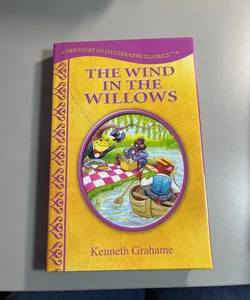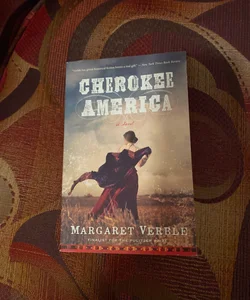







Product Details
Category - Non Fiction / Music
Format - Hardcover
Condition - Fair
Listed - A year ago
Views - 5
Ships From - California
Seller Description
Can test disk out upon request. Amazon description: Is another baroque opera--in this case by composer Reinhard Keiser (1674-1739)--really worth hearing in its entirety? After a completely conventional overture, the opening scene pits the legendarily rich king of Lydia, the titular Croesus (who incidentally lived in the fifth century B.C.), against the Athenian philosopher and lawgiver Solon. On account of his immeasurable wealth, the complacent Croesus believes himself to be completely secure and unassailable; Solon mocks his riches and points out how ephemeral all earthly goods are. This exchange of words via recitative is perfectly built up--both as a composition and as performed here. From his very first notes, Roman Trekel's Croesus carries conviction, while Kwangchul Youn (a role originally intended for tenor but justifiably and effectively transcribed by conductor René Jacobs for bass) is no less impressive. From the opening scene, your attention immediately perks up. And the opera's ability to astonish has only just begun: the audacity of Croesus and his inevitable defeat by the Persians form only the framework around the plot. What ensues is a tragicomic chain of love affairs (not to worry: the compendious booklet includes an essay by Jacobs with an elegant little flow chart that instantly clarifies everything!), in the center of which stand Croesus's initially mute son Atis--who suddenly learns to speak during the war--and the Princess Elmira. The brilliant appearance and impression that Atis (sung by Werner Güra) makes are mirrored in Elmira's ecstatically raving arias, which are full of character and technically flawless in Dorothea Röschmann's delivery. You immediately believe you can even hear Atis's answers in the pauses that are interspersed throughout Elmira's song. Such masterful musical accomplishments come in spades in this decidedly enjoyable and interesting work, which by the way also illuminates a bit of German opera history between 1678 and 1738 in Hamburg. This was the period when a form mixing serious and comic elements emerged as an effective, original counterpart to the Italian genre of opera seria. René Jacobs and his excellent ensemble--among the singers there's hardly a weak link--bring the baroque sense of beauty to life with stupendous vocal and instrumental brilliance. --Michael Wersin
Tags























